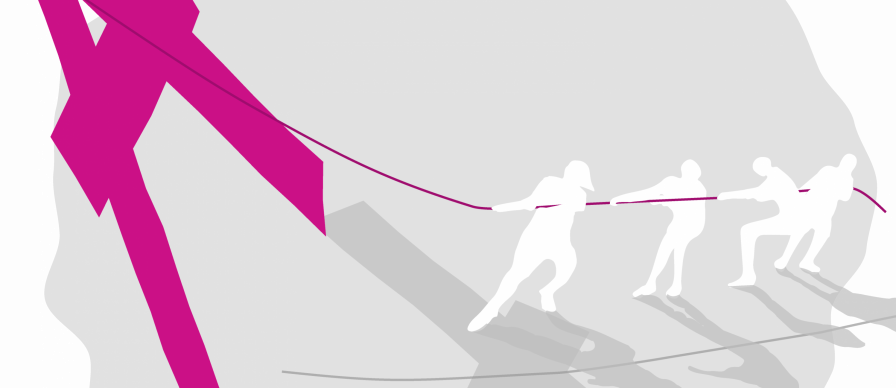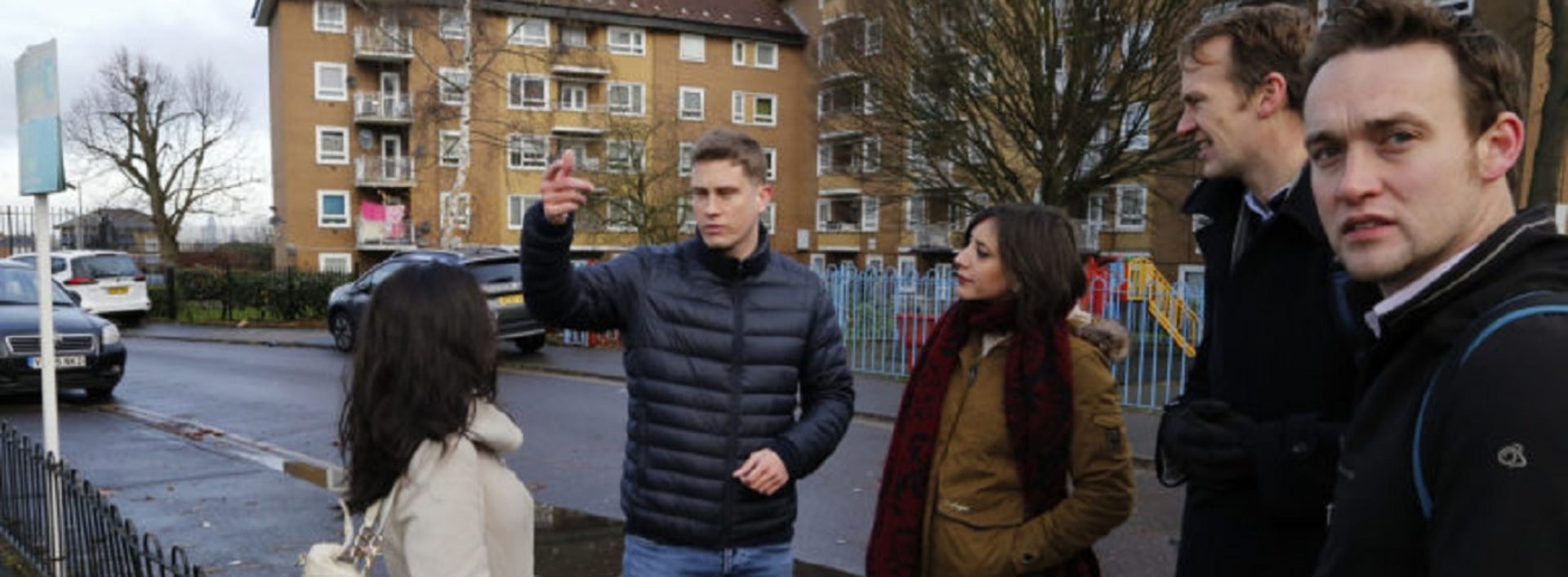Since March 2017, Community Organisers have developed a network of 20 Social Action Hubs who together have trained more than 1,600 people in community organising.
For those unfamiliar with the term, community organising is the work of bringing people together to act around their common concerns and overcome social injustice. Community organisers reach out and listen, connect and motivate people to build their collective power … and take action on the neighbourhood issues that matter to them the most.
In the early days, community organising was described as ‘a movement for the 21st century’. I was slightly cynical about this language; how could a government-funded, centralised training programme build a true movement?
However, the Community Organisers Expansion Programme has given us the resources and infrastructure to create the right conditions for the emergence of a real movement. This is now flourishing without the need for direct, top-down control.
Instead, the movement is guided by our framework and the network of Social Action Hubs up and down the country. These hubs are key to supporting and galvanising community action as they are locally rooted and embedded organisations committed to training, supporting and building the capacity of local people to develop their understanding and practice of community organising.
Supported by this network of local hubs and the training, people across England are using community organising to challenge social injustice and create a better future for themselves.
In Bristol, for example, more than 100 residents from across the city have been trained in community organising. As a result, residents have been inspired to develop a visual listening campaign with refugees and asylum seekers where photos of the issues affecting them were taken and to be displayed as part of a wider exhibition; a new mother has developed a toy bank to support low income parents access toys for their children; and one young person is starting to train other young people in the key principles of community organising — listening, power and action.
In Newcastle, on the Meadow Well estate, residents have used the skills learnt through community organising training to come together and work with the local policing team to tackle anti-social behaviour on the estate. In Nottingham, residents have been inspired to develop a Good Neighbour project that is bringing together isolated individuals as part of a drive to tackle loneliness. And in Leasowe, on the Wirral, residents have organised a campaign to save a vital local bus route from closure, mobilising more than 400 residents in the area to get involved. One of the key impacts of this campaign has been to unite residents on the estate and this has been a major step in bringing the community together.
These are just a few of many diverse and varied projects that show how Social Action Hubs really are the catalyst for action in their areas. The work that they are doing with residents is inspiring a range of activities, which all contribute to building a strong democratic society where people engage in collective community action and effect social change.
Because of all this hard work and commitment in neighbourhoods across England, I now feel I can genuinely use the word ‘movement’ to describe what community organising is achieving and that movement is growing by the day. By 2020, the movement will be even stronger, and I am determined to ensure that the programme continues to flourish beyond this date as a central part of the civil society.
By Nick Gardham, Chief Executive, Community Organisers



